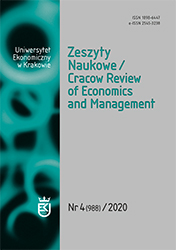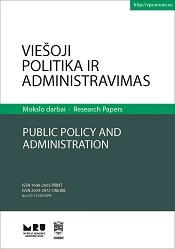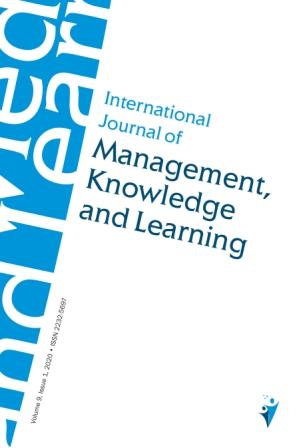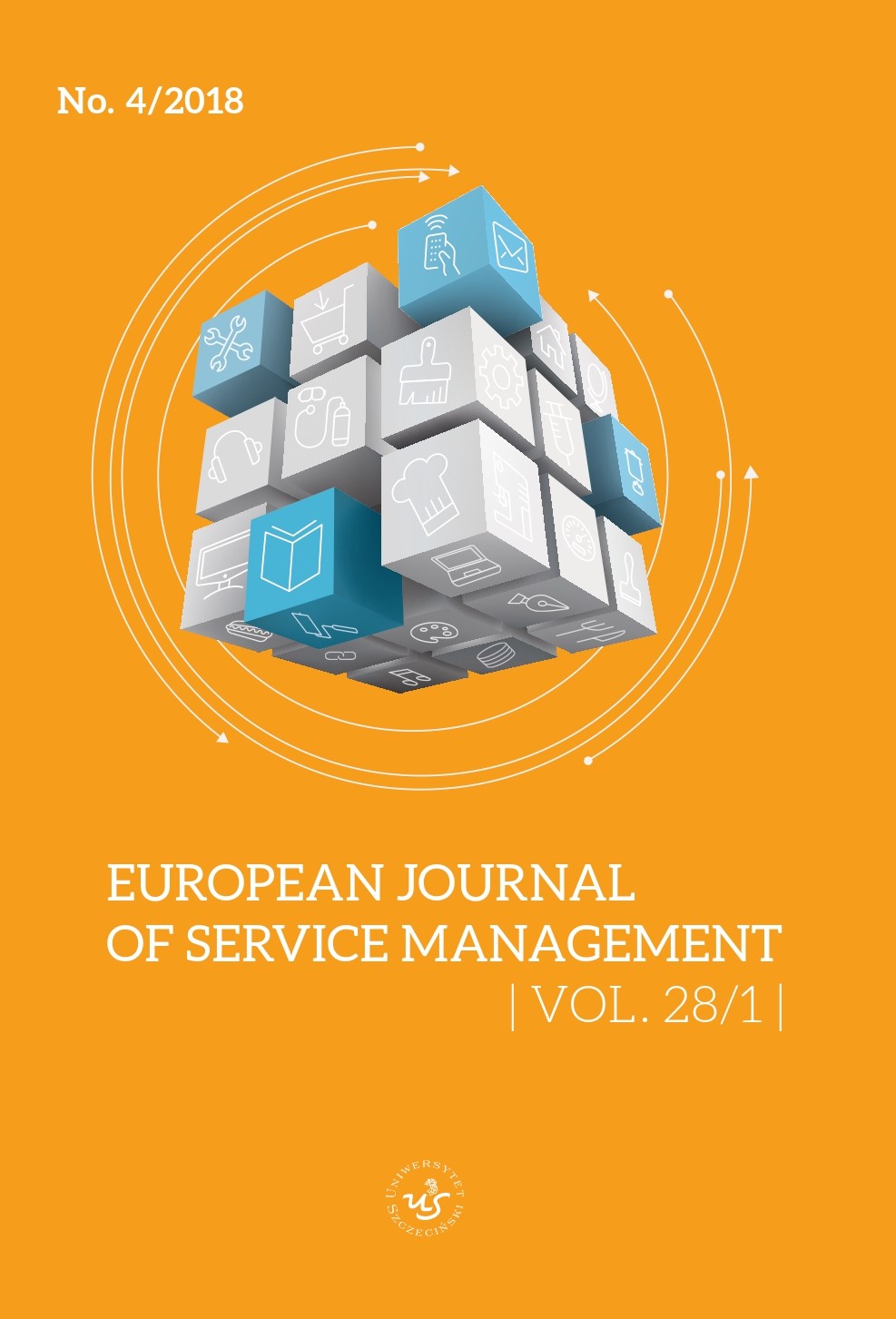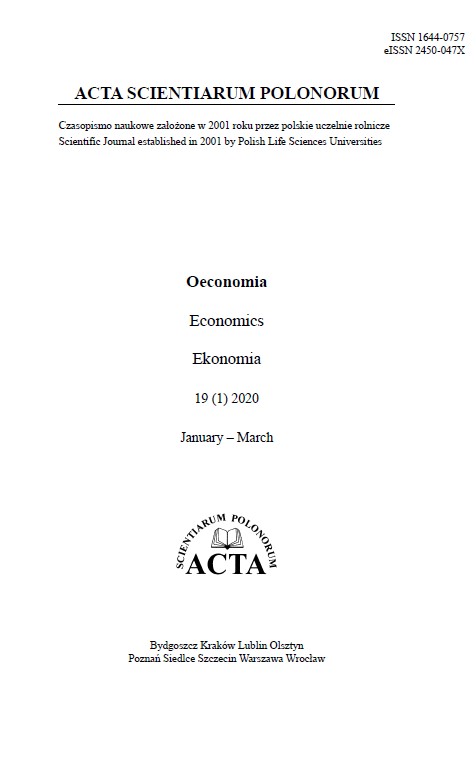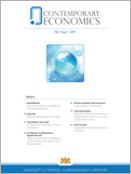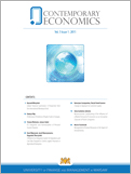Author(s): Giedrė Večerskienė,Loreta Valančienė,Vytautas Boguslauskas / Language(s): English
Issue: 4 (59)/2008
Accounting provides data on the company’s performance, finance flows, and this information is used to evaluate the company’s performance, to make management decisions and future plans; therefore, accounting can very well be called universal or international business language. The success of any major international company, individual trader, or public organization depends on the knowledge of accounting conceptions and practice. Sceptics can maintain that accounting is strongly regulated by the legal basis, business accounting standards, so, the competence of the accountants depends on their knowledge and practical skills. Accounting requires constant research, the results of which facilitate forming the legal basis of accounting and accounting policy not only at the level of the enterprise, but, also at the state level, correcting and developing accounting standards, forming accounting systems for companies’ management as well as study of their practical implementation. The problems of accounting lead to the necessity of research, and the latter requires practical results. All this helps to raise the qualitative level of accounting teaching and provide knowledge to future specialists. As economy is in the process of development and changes, modern knowledge society is formed, which changes the qualitative and quantitative requirements raised for specialists of accounting. In training specialists many different problems arise. What subjects have to be offered to prepare skilled specialists? How are skills developed? Which areas are the most popular among accountants, and in which areas would they like to improve? In reviewing study modules taught at the universities, it can be said that until the year 1998, only individual study modules in accounting were delivered, and only at the Faculty. Starting with the year 1998, accounting modules were delivered as subjects of general education throughout the University. In order to train high-skilled specialists in accounting, an appropriate educational basis is necessary. It includes rooms for teaching, teaching facilities, text books, computer programs, lecturers’ skills and knowledge. The Department of Accounting carries out research, provides consultations to organizations and businessmen in implementing the results of research. This number is an indication of the skills of the lecturers. On performing analysis of legal environment of accounting and researches, the Department trained and published 32 educational books designed for accounting modules. To evaluate the training process of accounting specialists, evaluation models were applied, by means of methods of strategic planning, perspectives studies, education criteria of Malcolm Baldridge National Quality Award and balanced indexes, the index system was worked out enabling coordination of indexes of studies, research and applied activity. There is no doubt that benefit of the assessment system under the current economic conditions is undeniable; scientific literature highlights different scientific and practical research results related to assessment. This is very important as diversified activities are developed in all areas with the aim to occupy leading positions. The implementation of the assessment model is going to require a lot of expenditure, nevertheless, it will be beneficial not only for the university, but also, for the study process. With regard to new theories, accounting management methods, business practice and regulation of legal environment, the training of specialists will be more consistent.
More...



